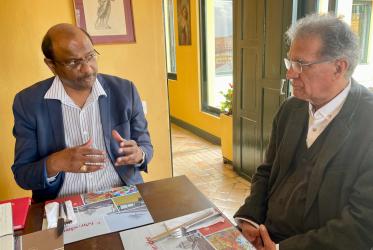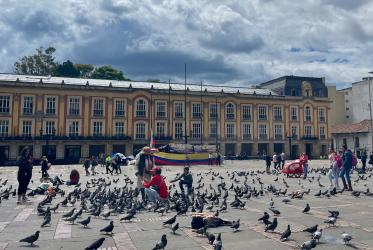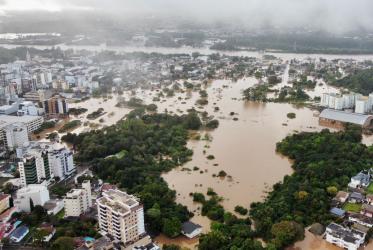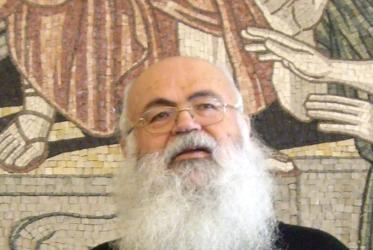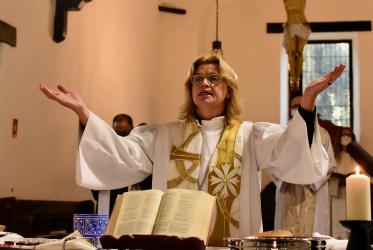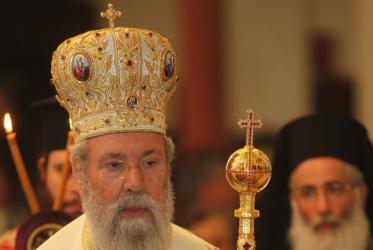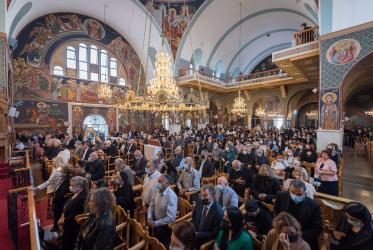Displaying 1 - 20 of 39
WCC congratulates Walter Altmann on his 80th birthday
05 February 2024
WCC backs extension of ceasefire in Colombia
18 January 2024
In wake of floods in Brazil, WCC expresses concern and solidarity
09 September 2023
WCC mourns the passing of Edgar Avitia Legarda
07 July 2023
In Chile, “Churches’ ministry of reconciliation is key”
29 November 2022


